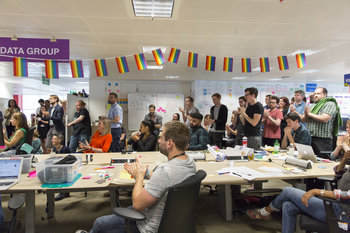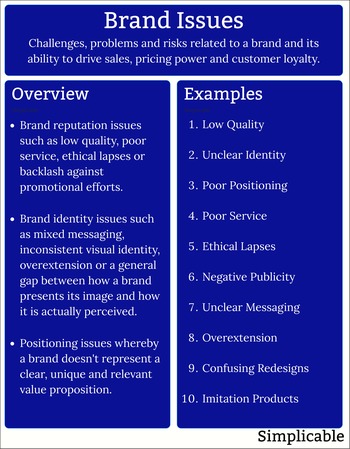
Big Bang
Implementing a large number of requirements at one time. Stakeholders commonly see faults in requirements when they see them implemented. As such, fast cycles of implementation and requirements refinement can significantly reduce the risk of requirements failure.Assumptions & Expectations
Stakeholder assumptions and expectations that go undocumented. These only surface when the stakeholder sees requirements implemented.Reality Mismatch
Requirements that are inconsistent with realities such as business processes, customer needs and the competition. For example, system requirements that don't match business processes because each stakeholder understands a small part of the process but lack an end-to-end view.Solution Space
Requirements that specify the solution as opposed to the business need. As an illustrative example consider a customer at a restaurant who provides the chef with a list of ingredients that must be used in a dish. The customer isn't a chef but nonetheless plays the role of chef through their requirements. The result is a dish that doesn't taste good.Benefit Shortfall
Overly optimistic business cases that overstate or overestimate the value of requirements.Cohesiveness
Requirements that make sense individually but lack value or logic as a set. This occurs when requirements are contributed by many individuals without an owner who pulls them together in a cohesive direction.Non-Functional Requirements
Specifying functions and features while missing aspects of quality. For example, system requirements that lack non-functional requirements in areas such as performance, maintenance, operations, resilience and security.Requirements Quality
Quality issues with requirements themselves such as requirements that are unclear, open ended, infeasible or that conflict with each other.Unknowns
A failure to consider unknowns. For example, a business case that only considers positive things that can happen with no consideration of risk.| Overview: Requirements Failure | ||
Type | ||
Definition | The failure of a project or product that can be largely attributed to requirements. | |
Related Concepts | ||



























